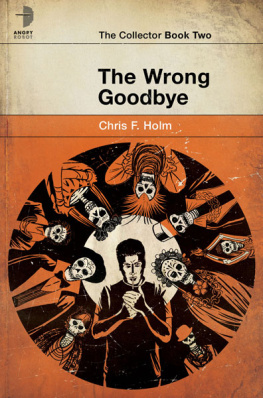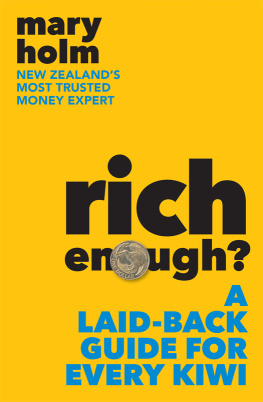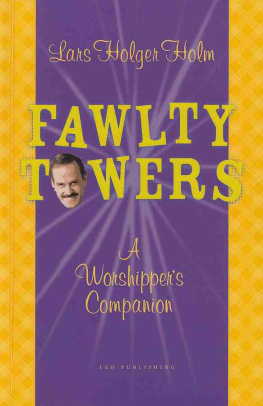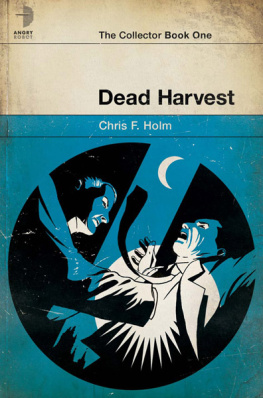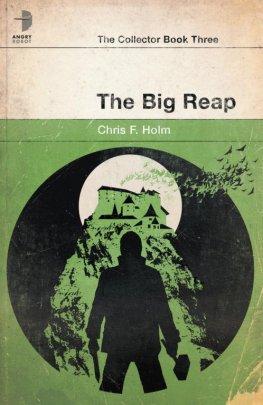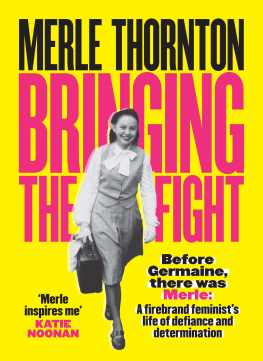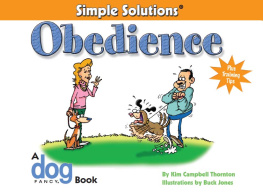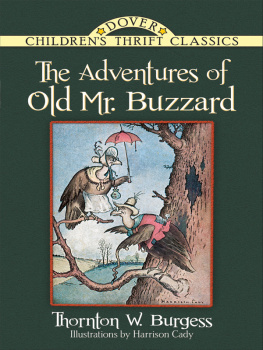Why the Hell?
Portions of this essay first appeared on Do Some Damage, L.A. Noir, and The SciFi Guys, and are reprinted with permission.
The Collector series, it seems, is a tough one to pin down. I've seen it referred to as gonzo pulp. Urban fantasy. Paranormal mystery. Even, to my great surprise, as science fiction, despite the fact there ain't much science to be found within its pages.
Truth is, I don't really mind what people call it, so long as they're enjoying it. If you ask me, though, the Collector series is fantastical noir. But since there's a teeny tiny chance I made that phrase up, I should probably explain just what the heck I think it means.
"Noir" is perhaps the slipperiest term in all of literature. That's in large part due to its muddy origins; our modern use of the term derives from the film noir of the '40s and '50s, which in turn borrowed heavily from the bleak crime tales that began cropping up in the U.S. during the Depression. James Cain, author of The Postman Always Rings Twice and Double Indemnity, is widely credited as the creator of the modern roman noir. Before Cain, the term was used to refer to what we'd now call Gothic novels, but afterward, the term took on a life of its own.
Thing is, Cain wasn't wild about the label, and those classic film noir flicks? Yeah, they weren't called that then. The title was bestowed upon them by a French critic years after they began popping up in theaters, and the so-called noir canon wasn't really well-defined until the '70s, when critics and cinema historians adopted the label en masse; before then, most of what we consider film noir were simply melodramas. So really, noir fiction is the result of a decades-long game of telephone that bounced from books to movies and back again, with stops on two continents along the way. Now, there's not a lot of agreement as to what it means; like pornography, it seems, most folks just know it when they see it.
The definition that's gotten the most traction of late is noir preservationist Eddie Muller's take on noir as "working class tragedy," due in large part to the fact that it's been championed by no less than Dennis Lehane. "In Greek tragedy, they fall from great heights," sayeth Lehane. "In noir, they fall from the curb."
Now, that doesn't strike me as half bad, but it's more descriptive than prescriptive; a shorthand for where noir's been, as opposed to an instruction manual for where it's going. For my money, noir boils down to bleak humanism or, to put it more plainly: shit options, bad decisions, and dire consequences. The difference between Greek tragedy and noir ain't the height of the fall, but the reason: those who fall in Greek tragedy do so because they're destined to; those who fall in noir choose to their damn selves.
In short, free will's a bitch.
But regardless of whose definition you go with, you'll notice something's lacking: namely, any mention of genre. That's because for as much as noir's assumed to be a subset of crime fiction, it's more vibe than subgenre. And, as many an enterprising modern writer seems intent on proving, that vibe is one that plays just as well with fantasy and science fiction as it does with crime.
When I sat down to write Dead Harvest, it was the darker aspects of free will I was most interested in exploring. I was raised in a Catholic family, and I've long been fascinated with the Church's teachings on the matter of free will. On the one hand, we're told God gave to humankind, his most beloved creation, the gift of free will, and on the other, that said gift resulted in the humankind's expulsion from paradise, and a taint that's passed to every one of us at birth. We're taught that three-quarters of everything we do or even think is sinful, and we should beg forgiveness at every turn lest we wind up burning for all eternity. We're taught that even good people can go to hell if they don't play by God's rules. And we're taught that if they do wind up in hell, it's all their fault.
I'm not trying to knock my family's faith. But being raised in such a faith can scare the ever-loving shit out of you. It puts no small amount of pressure on you to make good decisions, and no doubt has filled the pews for damn near two thousand years of Sundays with folks trying desperately to reconcile their decisions and their beliefs with a rulebook that's both dense and difficult to comprehend. Because by God, if they don't, they're gonna take a fall.
Truth is, the old pulps from which my series draws its tone aren't so far afield from the Church in that regard. I suppose it shouldn't surprise: after all, what were the early pulps if not lurid updates of classic morality plays? James Cain's tales of forbidden romance leading to violence, misery, and regret may as well have taken place in Eden. Chandler's cops and criminals were often cut from the same cloth, while Revelations and the Book of Enoch talk of angels and their fallen brethren. Genesis tells the tale of Sodom and Gomorrah; in Red Harvest (whose title I not-sosubtly twisted to suit my own nefarious purposes), Hammett writes of Poisonville. And speaking of Poisonville, while nearly every culture on the planet has their own flood myth of rising waters sent to wash away the wickedness from the world, Hammett's violent cleansing of that corrupt burg came courtesy of his nameless, unflagging Continental Op but it was no less awesome for it. And what would any pulp tale be without a decent femme fatale? The Babylonian Talmud first introduced the world to a redheaded, acid-tongued temptress by the name of Lilith, who, in one form or another, has since wreaked havoc in darn near every religious or occult text penned. I'm pretty sure she popped up in The Maltese Falcon, too, only then she was known as Brigid O'Shaughnessy. Lord knows she shows up in my series. And believe me when I tell you, you ain't seen nothing yet.
To my mind, the Collector series affords me the opportunity to revisit the roots of these classic archetypes, in what I hope is both a fresh and exciting way. And to drop into their midst a man in Sam Thornton who's not so different from you or I trying desperately to make his way through the moral minefield that is free will. Sam's neither a bad man nor a perfect one, but even in the direst of situations, his intentions, at least, are pure.
Of course, you know what they say about good intentions...
Praise for CHRIS F. HOLM
"With a candid style that exhibits solid confidence and finesse, Chris Holm pulls readers in and pins us to the edge of our seats"
NEW YORK JOURNAL OF BOOKS
"The breakneck pace of the narrative, and the world Holm creates, make for a thrillingly brutal ride."
SFX MAGAZINE
"Jim Thompson meets John Milton in this thrilling supernatural riff on the old collections racket. This gripping supernatural adventure gives a whole new meaning to 'possession is nine-tenths of the law.'"
EDGAR AND SHAMUS AWARD-WINNING AUTHOR CHARLES ARDAI
"The Collector series gets off to a strong start with this noir urban fantasy, a very promising first novel."
LOCUS MAGAZINE
"Chris F. Holm clearly had both angels and devils watching over him as he wrote Dead Harvest. Thrilling, riveting and hardboiled as hell, this stunning debut still manages to be incredibly soulful. If I could recommend one book to everyone this year, this would be it."
ANTHONY, ELLIS & MACAVITY AWARD-NOMINATED AUTHOR HILARY DAVIDSON

